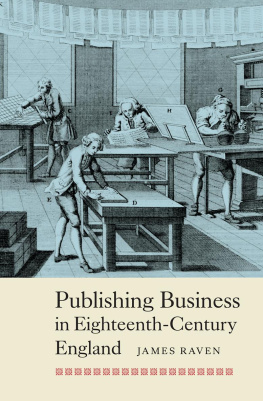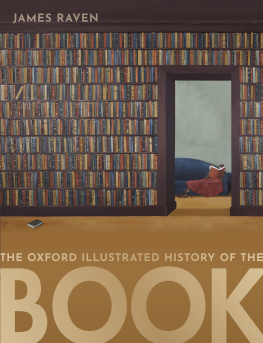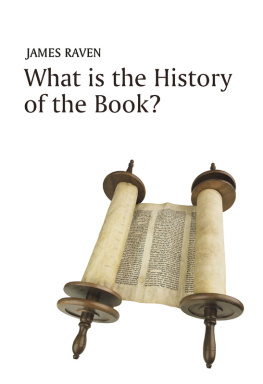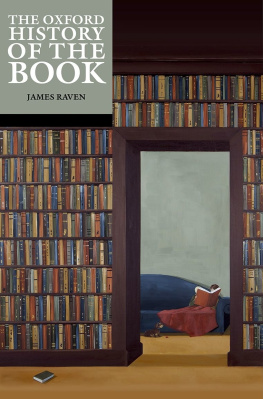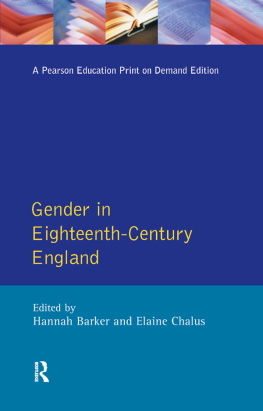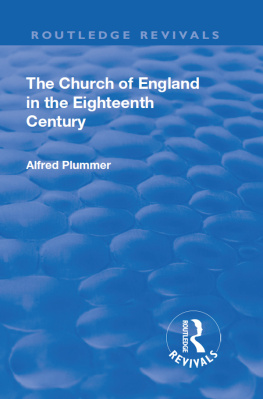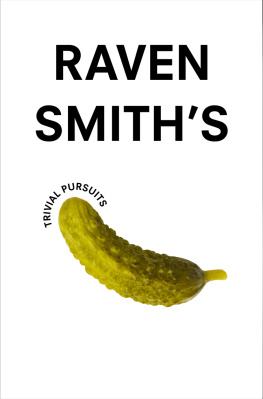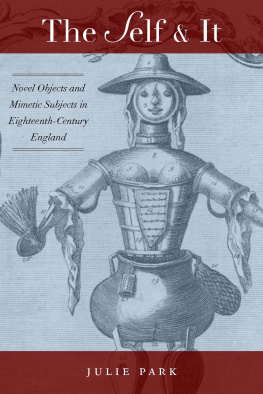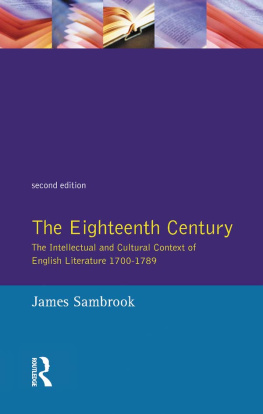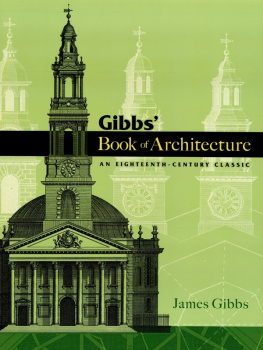PEOPLE, MARKETS, GOODS:
ECONOMIES AND SOCIETIES IN HISTORY
Volume 3
Publishing Business in
Eighteenth-Century England
Publishing Business assesses the contribution of the business press and the publication of print to the economic transformation of England in the long eighteenth century. A pivotal change in the book trades, apparent from the late seventeenth century, was the increased separation of printers from bookseller-publishers, from the skilled artisan to the bookseller-financier who might have no prior training in the printing house. This book examines the broader social relationship between publication and the practical conduct of trade in the age of Enlightenment.
PEOPLE, MARKETS, GOODS:
ECONOMIES AND SOCIETIES IN HISTORY
ISSN: 20517467
Series editors
Barry Doyle University of Huddersfield
Nigel R. Goose University of Hertfordshire
Steve Hindle The Huntington Library
Jane Humphries University of Oxford
Kevin ORourke University of Oxford
The interactions of economy and society, people and goods, transactions and actions are at the root of most human behaviours. Economic and social historians are participants in the same conversation about how markets have developed historically and how they have been constituted by economic actors and agencies in various social, institutional and geographical contexts. New debates now underpin much research in economic and social, cultural, demographic, urban and political history. Their themes have enduring resonance financial stability and instability, the costs of health and welfare, the implications of poverty and riches, flows of trade and the centrality of communications. This new paperback series aims to attract historians interested in economics and economists with an interest in history by publishing high quality, cutting edge academic research in the broad field of economic and social history from the late medieval/early modern period to the present day. It encourages the interaction of qualitative and quantitative methods through both excellent monographs and collections offering path-breaking overviews of key research concerns. Taking as its benchmark international relevance and excellence it is open to scholars and subjects of any geographical areas from the case study to the multi-nation comparison.
Acknowledgements
I am especially grateful to DMaris Coffman, the late Donald Coleman, Elizabeth Eisenstein, Christine Ferdinand, Perry Gauci, James N. Green, Nigel Hall, the late Istvn Hont, Julian Hoppit, Arnold Hunt, Kazuhiko Kondo, Sarah Lloyd, John McCusker, Jason McElligott, Neil McKendrick, Ian Maclean, Craig Muldrew, Peter Stallybrass, Alan Sterenberg, Michael Suarez, Rosemary Sweet, Dominique Varry, Calhoun Winton and Keith Wrightson, for shrewd and generous criticism and for letting me see completed work in advance of print. I am also indebted to Nicolas Barker, Iain Beavan, Charles Benson, Mark Goldie, R. J. Goulden, John Hetet, the late Vincent Kinane, the late Sheila Lambert, David McKitterick, Robin Myers, the late Mary (Paul) Pollard, Michael Twyman and Laurence Worms for comments and references about specific aspects of printing history. Editorial advice from Megan Milan at Boydell & Brewer and the meticulous and stimulating copy-editing of Amanda Thompson at BBR have been invaluable. Other debts are acknowledged in relevant notes.
My search for surviving small-item and jobbing printing and printing records has led me on circuitous routes through Britain, Ireland and North America. It has benefited from the patience and wisdom of numerous keepers of scattered civic, corporation and business records and many dozens of miscellaneous collections which contained (or sometimes didnt) taxation records, printed valuations, business orders, specimens of printing or other printers ephemera. I owe much to the advice and expertise of the archivists, curators and librarians of the following institutions: Aberdeen University Library; the American Antiquarian Society, Worcester, MA; the Bank of England Archives; Barclays Bank, Lombard Street; Bedfordshire County Record Office, Bedford; the Beinecke Library, Yale; Berkshire County Record Office, Reading; the Bodleian Library; the British Library; Cambridge University Library; Cambridgeshire Record Office, Cambridge; the then Cheshire Record Office, Chester; the then Chester City Record Office; Cork Archives Institute; Cork City Library; Corporation of London Records Office; the Dorset County Museum and Naturalist and Archaeological Society, Dorchester; the then Dorset County Record Office; Edinburgh University Library; Essex County Record Office, Chelmsford; Gloucester Public Library; Goldsmiths Library, London; Guildhall Library, London; Hampshire County Record Office, Winchester; Hereford City Library; Herefordshire Record Office, Hereford (now Herefordshire Archive Service); Hereford and Worcester Record Office, Worcester; the Institute of Historical Research, London; Ipswich Public Library; John Rylands University Library of Manchester; Leeds City Archives; the Lewis Walpole Library, Farmington, CN; the library of the Worshipful Company of Papermakers and Stationers, Stationers Hall; the London Metropolitan Archives; the National Archives, Kew; National Library of Scotland; Norfolk Record Office, Norwich; Nottingham Central Library; Raynham Hall, Norfolk; Reading University Library and Archives; Scottish Record Office, Edinburgh; Shropshire Record Office, Shrewsbury; Society of Antiquaries, London; Staffordshire Record Office, Stafford; [East] Suffolk Record Office, Ipswich branch; [West] Suffolk Record Office, Bury St Edmunds branch; Sun Life Assurance, Bartholomew Lane; and Trinity College, Dublin. I am also particularly grateful to the British Academy, the Royal Historical Society and the Bibliographical Society for grants for travel and photography. Such grants are indispensable for a study of this sort.
The consultation of materials has continued during years when other projects developed and were completed. I am especially grateful for the support, suggestions and the warmth of hospitality offered by my many colleagues at the University of Essex; Mansfield College, Oxford; Clare College, Pembroke College and Magdalene College, Cambridge; the History and English faculties of Cambridge and Oxford; the Albert Sloman Library, Essex; Cambridge University Library; the Bodleian Library; and other university and departmental libraries. It is also a great pleasure to record my gratitude to the Master and Fellows of Magdalene College, Cambridge, for the tenure of a Fellowship that allows this and other books to be completed. Few can claim such supportive communities of scholars and friends. Neil McKendrick, to whom this book is dedicated in friendship and appreciation, has over many years been especially tolerant of my archival adventures and the distractions caused by other books and assignments. Printers, business people and authors know all about schedules: only the constant support and generosity of my wife Karen has enabled me to keep to mine.


